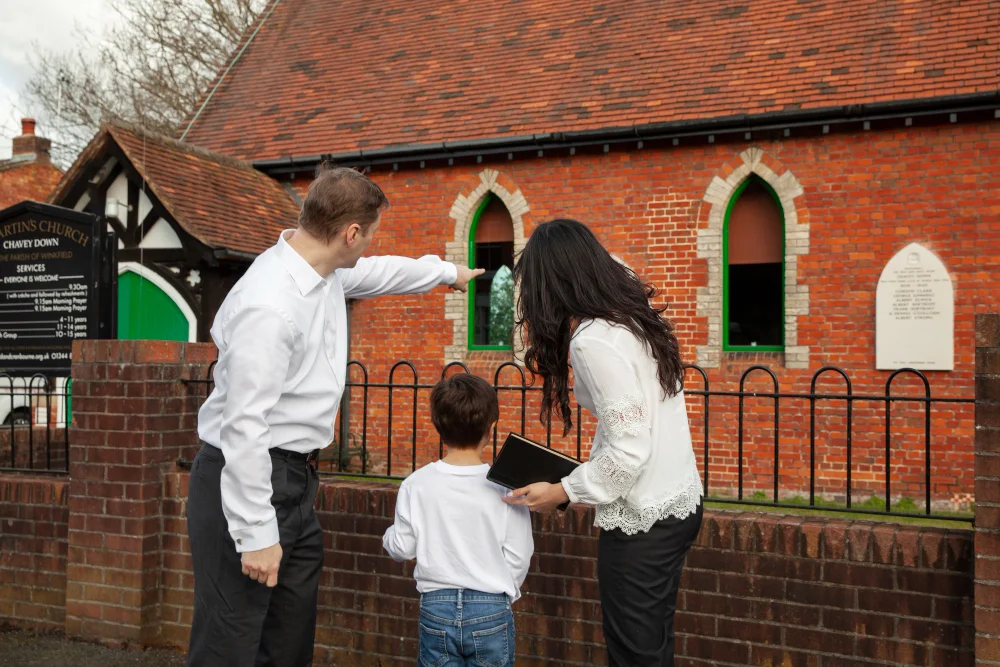Introduction
The doge hhs migrant housing contract has emerged as a significant topic in discussions surrounding migrant welfare, public sector agreements, and government transparency. As the Department of Health and Human Services (HHS) responds to rising humanitarian needs, particularly involving unaccompanied migrant children and asylum-seeking families, contracts like these aim to offer safe, compliant, and structured housing solutions.
But what exactly is the doge hhs migrant housing contract, and why does it matter? This guide will help break down every aspect of the topic—from its role in federal operations to how it impacts local communities, contractors, and migrant support services.
Benefits of Doge HHS Migrant Housing Contract
How It Helps in Managing Migrant Housing Challenges
The doge hhs migrant housing contract plays a critical role in ensuring that migrant individuals, particularly children and families, receive proper accommodation and care during processing and transition phases. Here’s how it contributes:
- Humanitarian Aid: Ensures basic needs like shelter, food, medical attention, and psychological support.
- Operational Efficiency: Helps HHS scale up or down depending on the influx of migrants.
- Compliance and Oversight: Maintains federal standards on child welfare and health.
Key Advantages for Target Audience
For stakeholders including federal agencies, non-profit organizations, and contractors, the doge hhs migrant housing contract offers multiple benefits:
- Predictable Funding Streams: Enables contractors to scale services with confidence.
- Structured Operations: Clear guidelines streamline housing setup and care delivery.
- Job Creation: Generates employment in local communities where housing centers are set up.
- Accountability Framework: Ensures performance tracking, audits, and reporting.
How to Use/Apply Doge HHS Migrant Housing Contract
Step-by-Step Guide
If you’re a service provider or contractor looking to work under the doge hhs migrant housing contract, here’s how to navigate the process:
- Register on SAM.gov: Create a business profile on the System for Award Management.
- Monitor RFPs: Look out for Requests for Proposals (RFPs) from HHS related to migrant housing.
- Submit a Proposal: Tailor your proposal to meet federal requirements and highlight past performance.
- Compliance Certifications: Ensure adherence to child safety laws, housing standards, and health guidelines.
- Contract Award & Onboarding: Upon selection, undergo orientation and background checks.
- Service Delivery & Reporting: Deliver contracted services while maintaining transparent reporting.
Common Mistakes to Avoid
- Incomplete Documentation: Missing forms or outdated certifications can disqualify applicants.
- Underestimating Compliance Requirements: Failing to meet federal standards on housing and care may result in penalties or disqualification.
- Overpromising Resources: Commit only to services you can reliably deliver.
- Neglecting Training Needs: Ensure staff are trained in trauma-informed care, safety, and emergency protocols.
Best Practices for Doge HHS Migrant Housing Contract
Tips & Tricks for Better Results
To excel under the doge hhs migrant housing contract, consider the following best practices:
- Use Data-Driven Approaches: Track performance metrics to continuously improve.
- Community Engagement: Work with local groups to build trust and streamline services.
- Scalability Planning: Design modular housing and staff systems to adjust for surges.
- Leverage Technology: Use case management software and compliance tools to stay efficient.
Expert Recommendations
Experts in the field emphasize a few key approaches:
- Partner with Non-Profits: Collaborating with organizations that specialize in immigrant care boosts service quality.
- Focus on Mental Health Support: Ensure access to licensed professionals and emotional support programs.
- Ensure Cultural Sensitivity: Offer multilingual staff and culturally appropriate services.
FAQs About Doge HHS Migrant Housing Contract
Answer Common Questions
Q1: What is the doge hhs migrant housing contract?
A: It’s a government contract awarded by HHS to contractors for the provision of temporary housing and services to migrants, especially unaccompanied minors.
Q2: Who can apply for the contract?
A: Eligible organizations include licensed childcare providers, housing developers, and service-based non-profits that meet federal standards.
Q3: Is the doge hhs migrant housing contract renewed annually?
A: Contracts may vary in duration but often include renewal options based on performance and need.
Q4: What are the housing standards under this contract?
A: Facilities must comply with federal health, safety, and child welfare standards, including access to education and healthcare.
Q5: Where are these contracts implemented?
A: Facilities are typically located near the southern U.S. border but may be established anywhere based on needs and federal directives.
Conclusion
The doge hhs migrant housing contract stands at the intersection of humanitarian aid, government policy, and operational efficiency. It not only supports vulnerable migrant populations but also builds infrastructure for effective crisis response. Whether you’re a contractor, policy analyst, or advocate, understanding this contract’s framework is essential.


